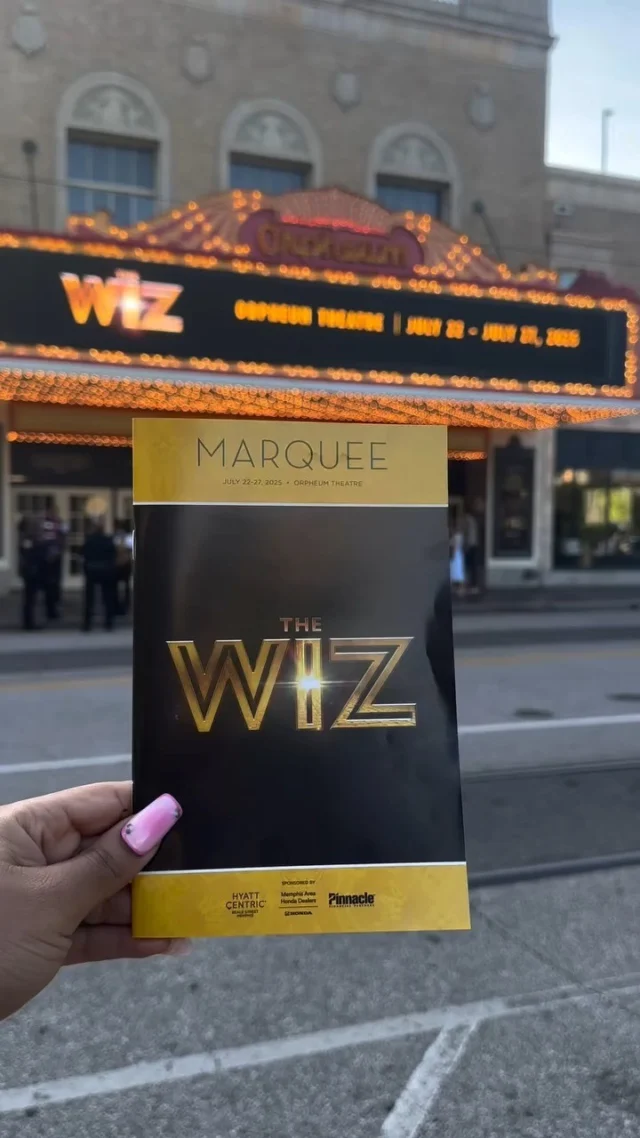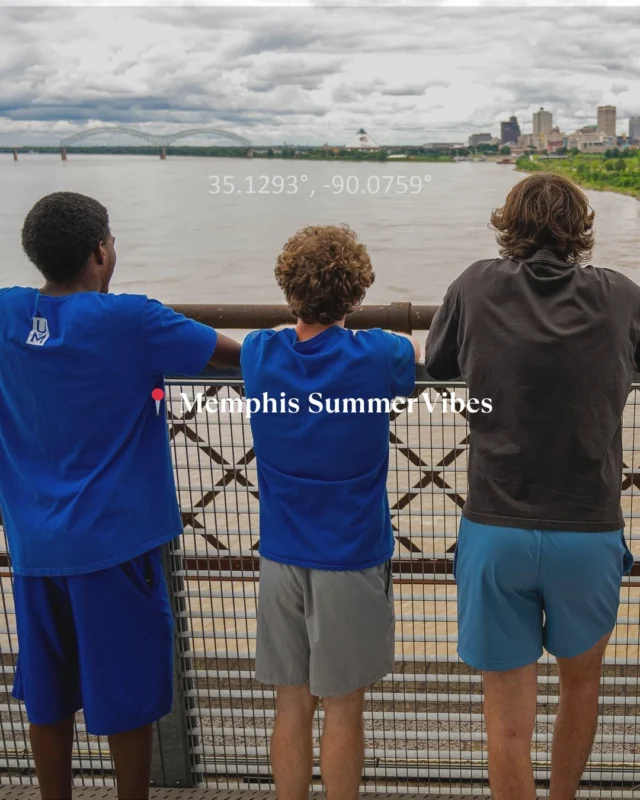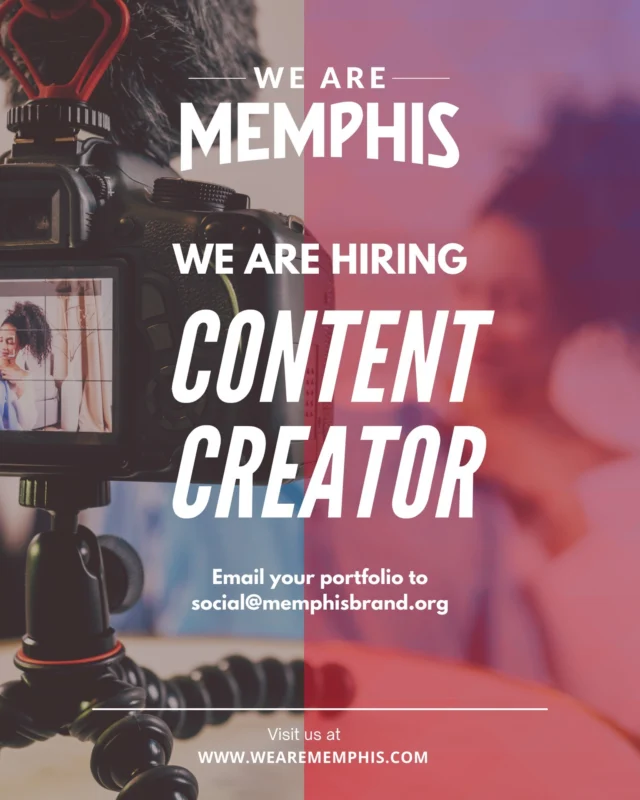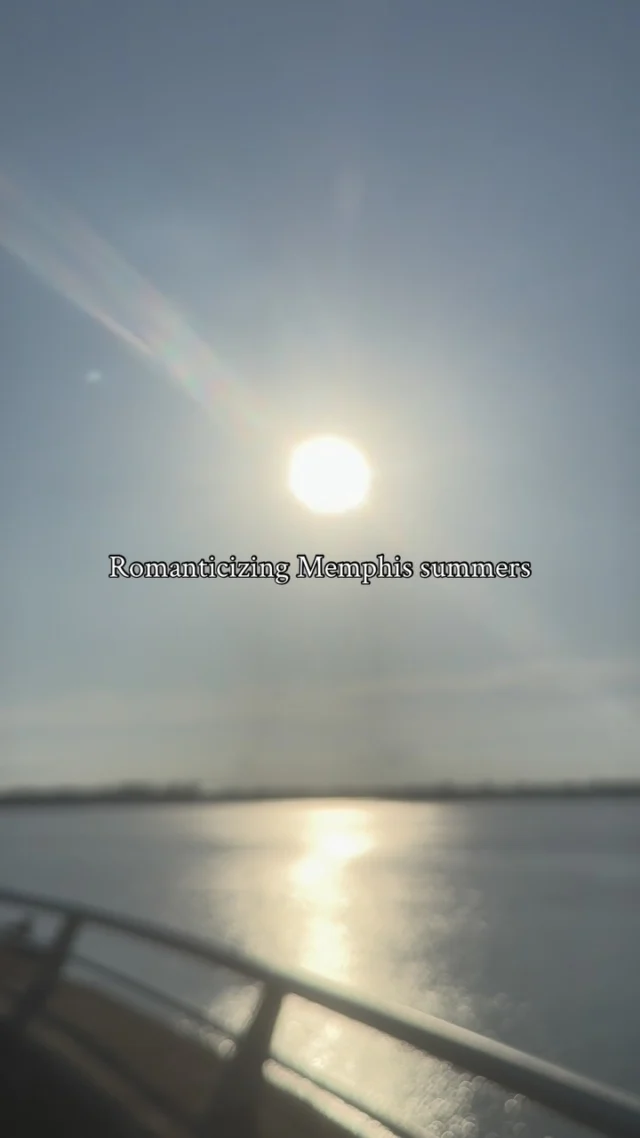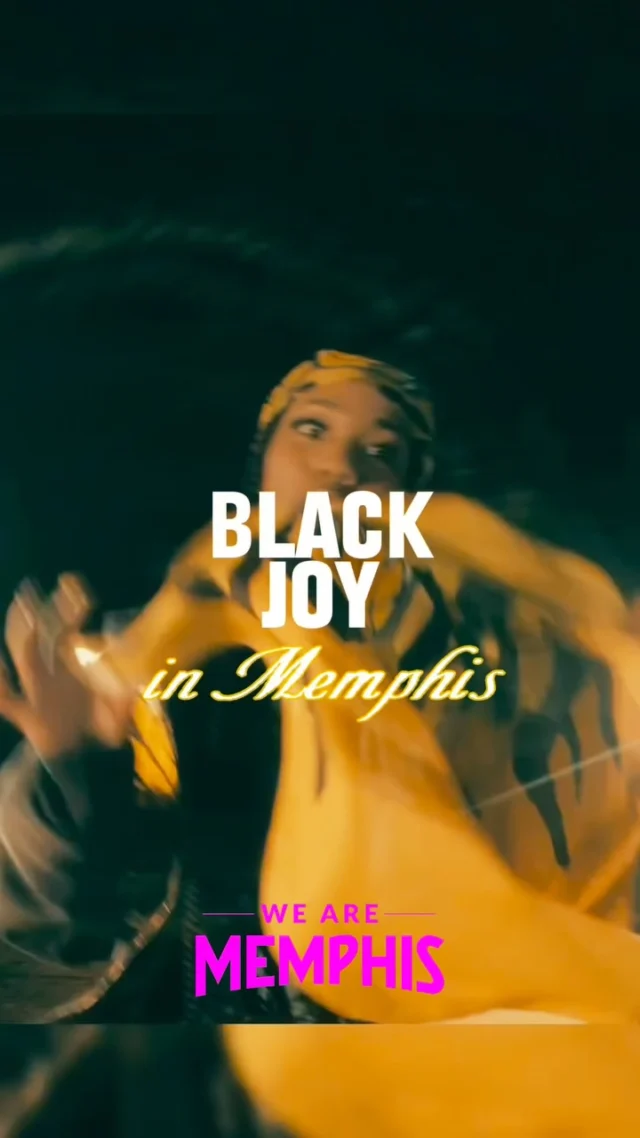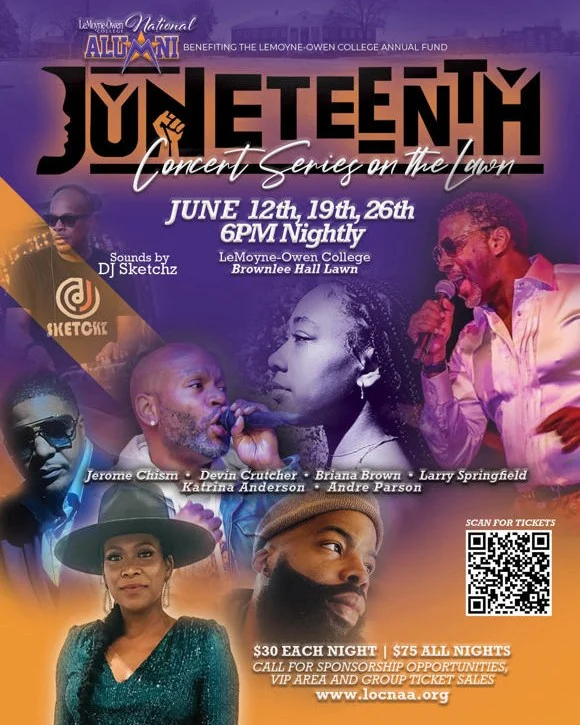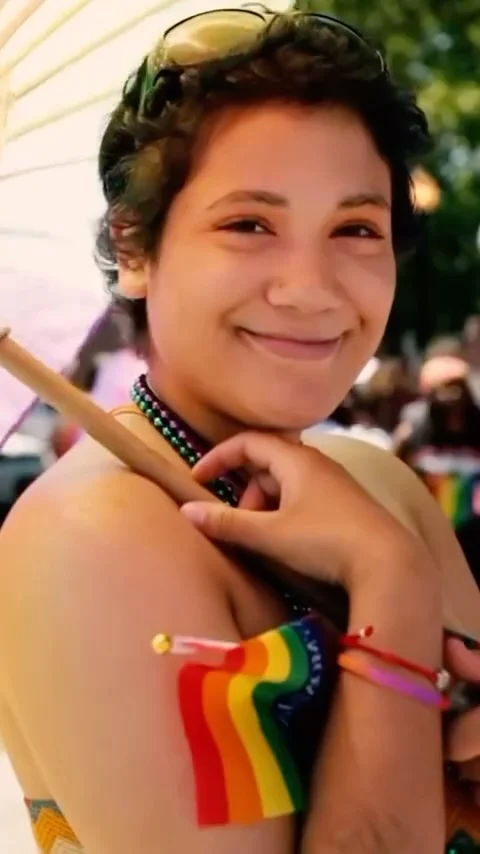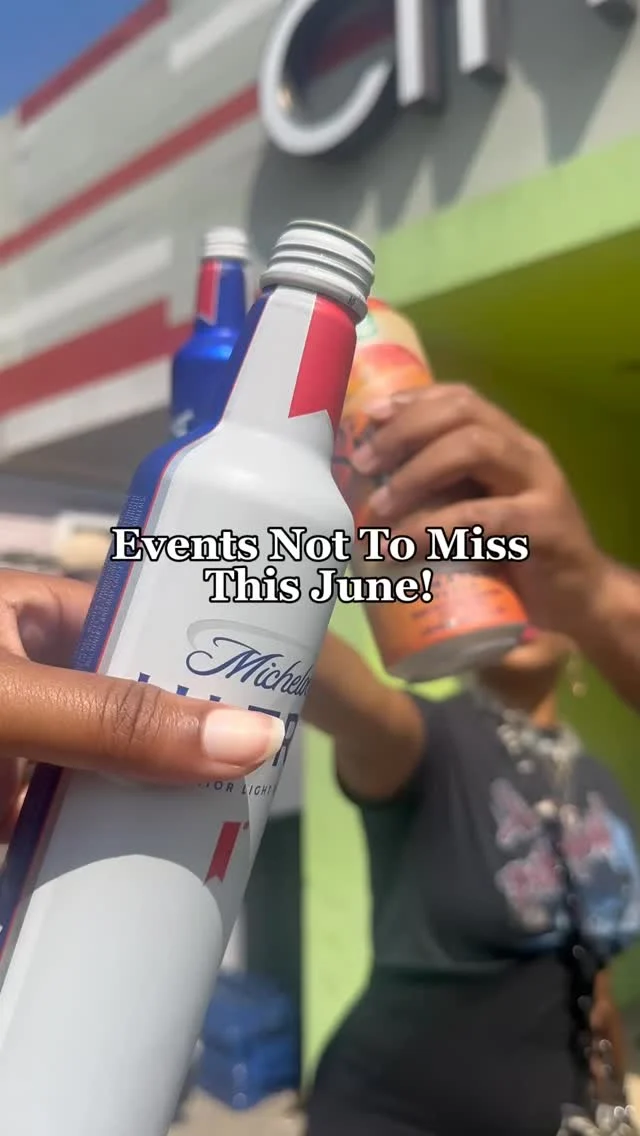By: Zachary Corsa
From the earliest days of cinema, music has enjoyed a close symbiotic relationship with the filmic arts, and it’s no surprise to find that many (if not most) musicians are also film buffs, their favorite movies a necessary companion to the usual piles of dusty LPs and frayed paperback classics. In a city such as ours, where so many fortunes have been tied to several genres of popular song for over a century, any independent film festival is all but mandated to seek out innovative ways of uniting the two creative forms, so it’s a blessing that the Bluff City’s own independent film fest, Indie Memphis, has offered reliably compelling independent cinema every year since 1998.
As the festival’s Music Coordinator, John Miller is tasked with the oversight of such cross-media connections. It’s a position that makes perfect horse sense, as few Memphis are connected to the city’s scene(s) as profoundly as Miller, who co-owns the beloved Shangri-La Records and sits on the board of Music Export Memphis. John was kind enough to take time out of hectic preparations for this year’s fest to answer our a few of our burning questions about the musical/film collaborations in store for 2021, and also to offer a glimpse of where Indie Memphis might take such a fusion in future years.
Hi, John, thanks for taking the time to speak with us about your role with Indie Memphis. First off, how long have you been working with the festival, and how did you come by the position of Music Coordinator?
Hey Zach, thanks for reaching out. I always love talking about Indie Memphis! I’ve been working with the festival for a decade now, which has flown by. I first began working on a project for Indie Memphis in my role with an old music development nonprofit called the Memphis Music Foundation. A colleague of mine there, Pat Mitchell, sat on the board of Indie Memphis and knew how much I was interested in the intersection of music and film, so she introduced me and we began working to weave local music into the fabric of the festival.
Indie Memphis started on quite a small scale in the late 90s and has grown considerably in the years since. Over that time, how do you feel the festival has worked to deepen its relationship with the Memphis music scene?
I have always been impressed with the way the festival focused on local and regional storytellers, and diving deeper into that same relationship with local music creators has felt like a natural process through the years, no matter who is helming Indie Memphis. Indie Memphis launched a special screening competition for music videos, with a local only showcase slot, highlighting both the artist and visual creators of those videos. That kind of synergy extends to bringing music documentaries to town that might not otherwise be seen, and when possible, featuring live concert performances by the featured artist(s). We’ve also continued to strive to reach out to new and diverse musicians each year, whose music reflects the vibe of each film shown throughout the festival. That is something I know that out of town festival attendees always point to as a perfect gateway for them to discover more about Memphis and its many divergent
music scenes.
To you, what’s crucial about maintaining a Memphis music presence within the festival? And how might the average festival-goer benefit from such cross-pollination?
Ours is unlike any other film festival I’m aware of because its identity so closely reflects the place in which it takes place. Inarguably, music is a cultural pillar of our city and has been for over a century. Indie Memphis has always recognized the value of our artists (visual and musical) in telling our story, so presenting that as one of the first things anyone experiences when they attend says a lot about the priority we give to joining music and film. Discovering a new film and a new artist simultaneously is a joy that we hear many of the attendees, journalists, and staff talk about every year.
So what are you especially excited about this year? What’s something you’ve had a hand in that you’re excited to share with festival-goers, something no one should miss?
It’s always hard to narrow that down because the festival has music docs, horror films, moving dramatic and social justice stories, and on and on. I will say that over the last few years the festival has had a number of films telling particular stories centered around a variety of African experiences, with particularly fascinating musical elements in each. This year there is a film showing on Sunday, October 24, called “Elder’s Corner” that tells the story of many of the pioneering Nigerian musicians who created Juju and Afrobeat. It’s a great film and the Obruni Dance Band will be performing beforehand, so I think it’s a particularly great marriage of film and music.
This year, of course, presents a particularly unique challenge to those assembling large gatherings like arts festivals. How has the ongoing pandemic affected the usual Indie Memphis dynamic? What are some of the precautions the festival is taking to ensure the safety of patrons?
Knowing that the only way to present the festival would be to prioritize the safety of attendees and staff guided a lot of the early decisions. The free public block party, among the musical highlights of the festival, had to be canceled, as did the filmmaker lounges where so many people would get to make meaningful connections throughout the festival. All attendees are required to show vaccine cards and masks are required for all indoor screenings (though not for the films showing at the Drive In on Summer).
Speaking personally, would you care to elaborate at all on your personal relationship to music’s involvement with film? Any favorite recollections tied to the intermingling of the two mediums?
I recall the first time I saw “Yellow Submarine” as a kid and realized that artists could devise expanded representations around ideas that weren’t fully realized by the music alone. Each could potentially stand on its own, but it was all about the synergy. That
sort of set the tone for me in terms of valuing the creative multiplication that happens when you combine such dynamic art forms into a singular vision.
Memphis music is nothing if not unique, with specific cultural attitudes and touchstones that distinguish it from other music scenes. Do you find that this is also true of Memphis filmmaking? Do the two forms feed off that same inherent Memphis energy?
There’s a certain “devil-may-care” attitude that I adore about Memphis creatives of all types. It’s not that they don’t care about the result, it’s that there are no rules to the process. That’s a commonality that I would say absolutely runs through both artistic communities.
Are there specific ways that Memphis musicians might benefit from becoming more involved with independent film, both locally and in general?
Absolutely! Obviously, with physical sales currently placing somewhat distantly behind downloads and streams in the overall compensation structure, it’s imperative to find other ways to monetize music for artists. Licensing remains a strong option for potentially both initial and back end payments, and working to that end can be both financially and creatively advantageous for musicians interested in working with filmmakers.
Beyond music’s relationship with the festival, do you see other signs of Indie Memphis expanding to collaborate with more forms of Memphian art, such as visual art?
I’m very excited about the directions that the festival continues to explore. This year they have welcomed a new executive director in Knox Shelton, who used to lead Literacy Mid-South. Knox understands the value of storytelling in a very broad sense and wants to see growth for Indie Memphis on a number of levels. I can’t wait to see what he and Miriam Bale, the Artistic Director, have in store for the future!
Lastly, how do you think the festival organizers might be seeking to build on what Indie Memphis can offer in the future, especially in terms of its ties to local music?
I mentioned the intersection of music and film earlier, both as a creative and financial boost for musicians, and I hope those links can be expanded and deepened in the future. I think continuing to foster relationships before, during, and following the festival remains a priority, and I look forward to working to that end more extensively when health and safety restrictions allow for a more robust and physically connected experience during the festival and beyond.
Thanks again for speaking with us, John!
You may also be interested in: LaShonté Anderson: Artist Profile
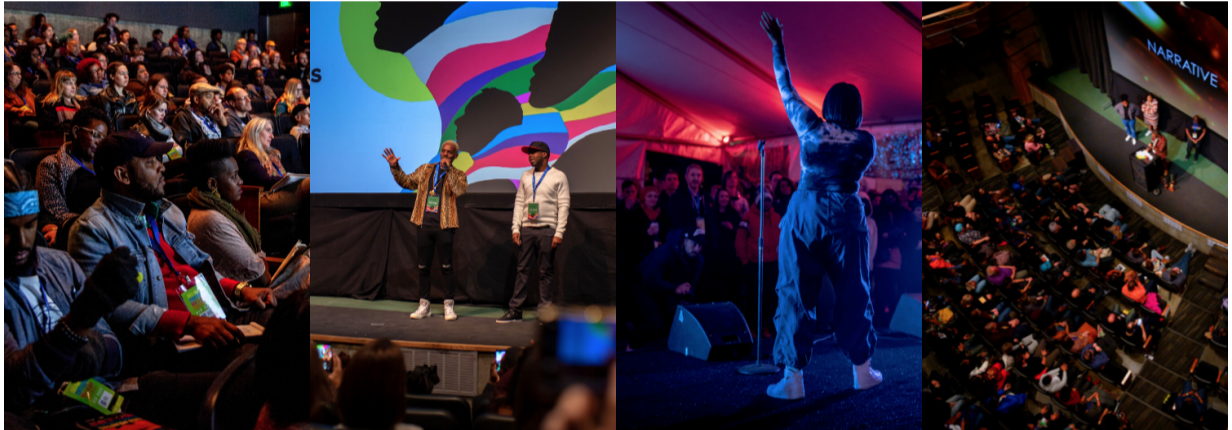


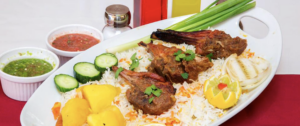
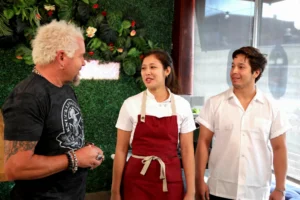


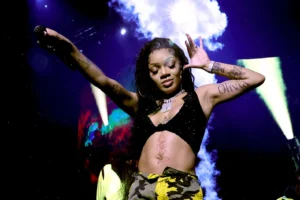
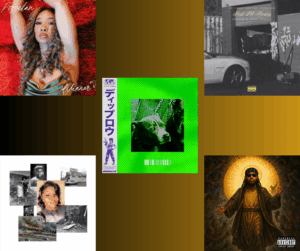
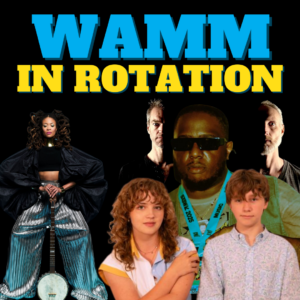

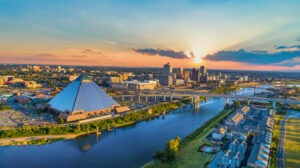

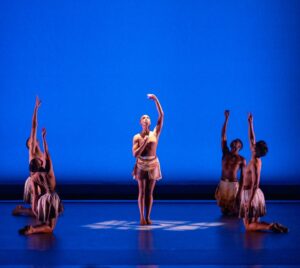


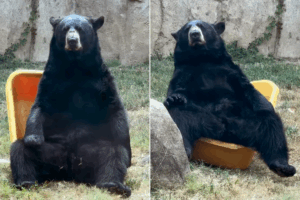
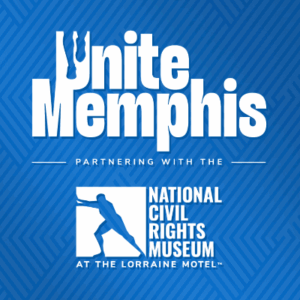
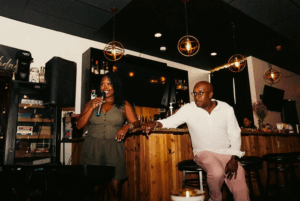



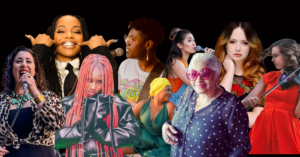
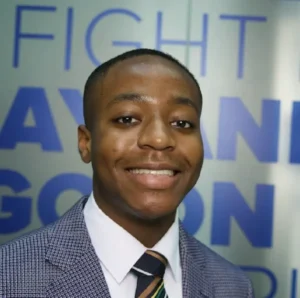
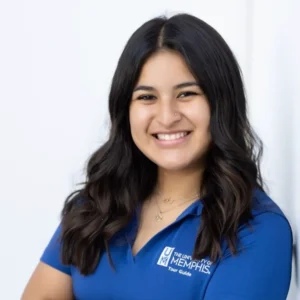

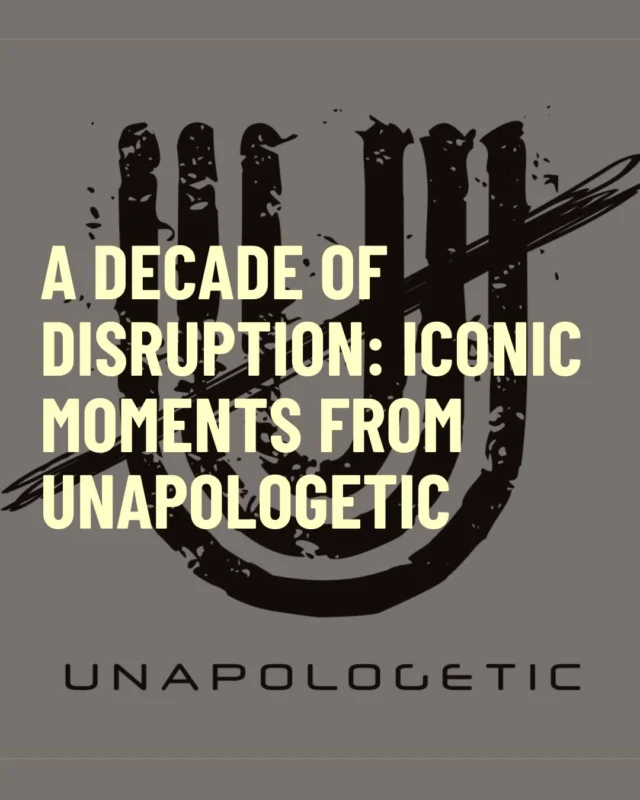
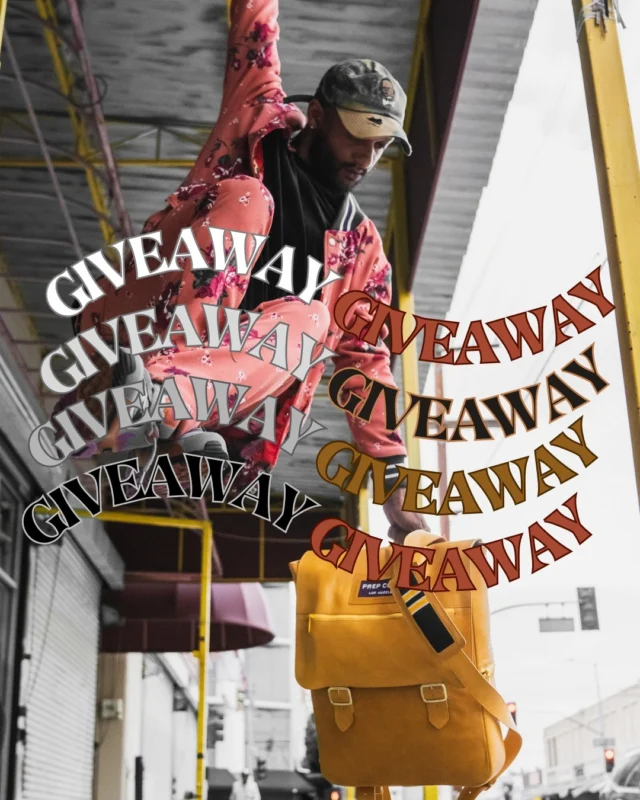
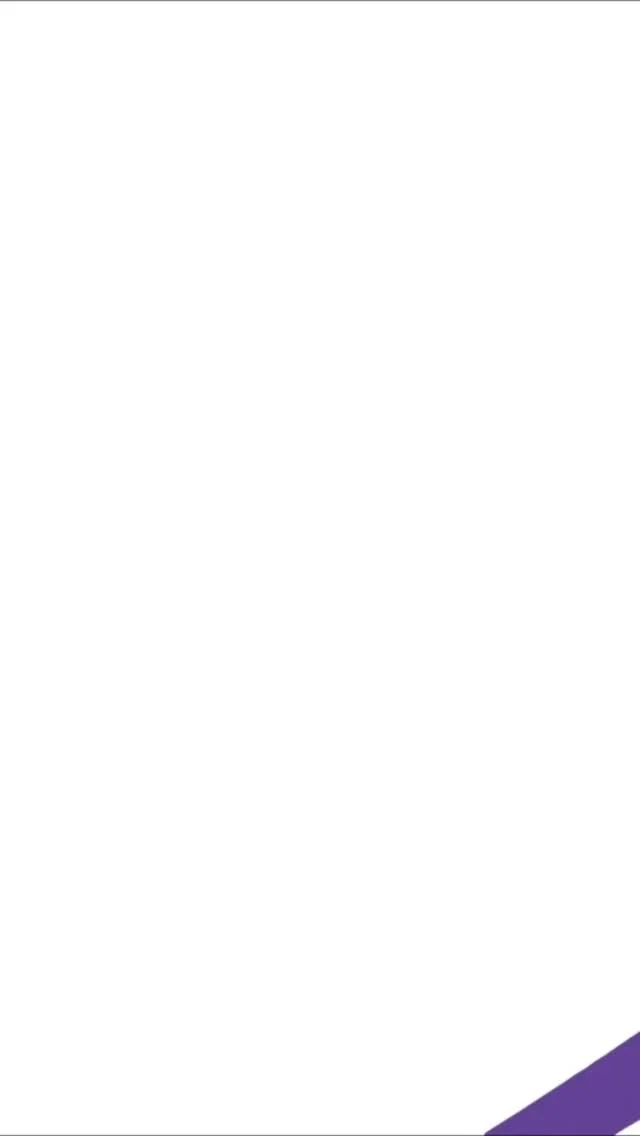
![The countdown is ON, Memphis! We’re officially 30 days out from the @unitememphis 5K + 1-Mile Walk/Run—and this year, we’re stepping into unity on 901 Day 🙌🏽
📍 Monday, September 1 | National Civil Rights Museum
🕘 Start time: 9:01AM
🎶 Food, music & fun to follow
Whether you’re walking or running, this isn’t just a race—it’s a movement. And there’s no better time to join in than now. 👟✨
🎓 COLLEGE STUDENTS: Be one of the first 100 to register using your .edu email with promo code NEXTGENUNITE and your ticket is just $10 (that’s a $32 savings 👀). Limit 2 per person, so tell a friend!
Let’s walk. Let’s run.
Let’s #UniteMemphis 💛
🔗 [link in bio]](https://wearememphis.com/wp-content/uploads/sb-instagram-feed-images/526805187_18335272954206022_6056852028660485499_nfull.webp)
